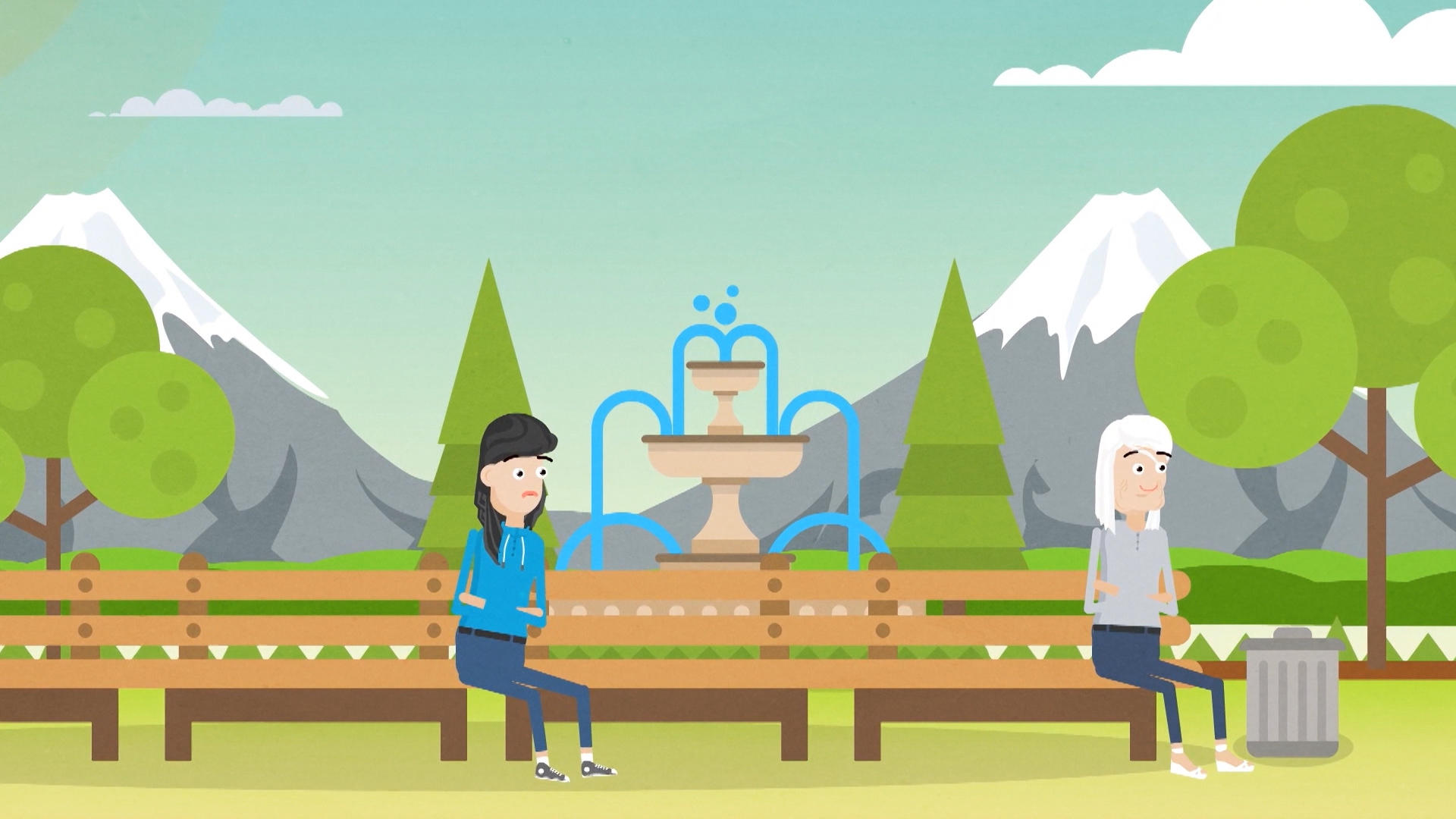
Swiss neighbours there for one another despite keeping distance

Most people in Switzerland maintain a somewhat distant relationship with their neighbours, but they trust them nevertheless, according to the first Swiss study into neighbourhoods.
Only 12% of respondents said they knew their neighbours very well, said the representative “Hello Neighbour” studyExternal link, published on Tuesday by the Gottlieb Duttweiler Institute (GDI).
Three-quarters said they felt very safe in their neighbourhood and almost no one was dissatisfied with their relationship with their neighbours. This is reflected in everyday life: 67% lend food ingredients or tools to neighbours, 48% water plants and 26% occasionally look after neighbours’ children or pets.

More
How telework is reshaping residential neighbourhoods
The authors divided respondents into four types. Almost half (47%) are “distanced”: they do not want to be disturbed or be a burden. If they need something, they do it themselves. Nevertheless, they are on hand in an emergency.
Another 30% are described as “inspiration seekers”. For them, tolerance and stimulating encounters are paramount. They value collective action and diversity.
“Relationship cultivators”, who strive for a friendly atmosphere in a homogeneous neighbourhood, make up a smaller group (14%) and only about 10% of “value-oriented people” want to live among like-minded people with whom they share similar values. Instead of close relationships, however, members of this group also want a respectful distance and a considerate approach.
The frequency of contact with neighbours was just right for 81% of respondents; 16% wanted more contact, 2% less contact.
The GDI study was carried out in May and was based on interviews as well as online responses of 1,021 people aged 15-79 from all language regions.

More
How to make friends with a Swiss person

In compliance with the JTI standards
More: SWI swissinfo.ch certified by the Journalism Trust Initiative















![The four-metre-long painting "Sonntag der Bergbauern" [Sunday of the Mountain Farmers, 1923-24/26] had to be removed by a crane from the German Chancellery in Berlin for the exhibition in Bern.](https://www.swissinfo.ch/content/wp-content/uploads/sites/13/2025/12/01_Pressebild_KirchnerxKirchner.jpg?ver=f05a5a9c)














You can find an overview of ongoing debates with our journalists here . Please join us!
If you want to start a conversation about a topic raised in this article or want to report factual errors, email us at english@swissinfo.ch.